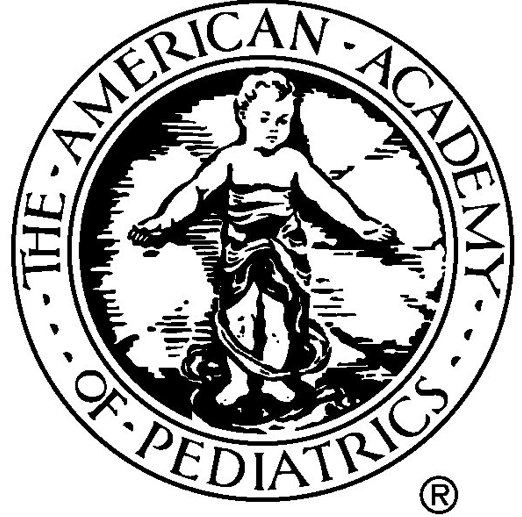The American Academy of Pediatrics — a professional organization of 62,000 pediatricians committed to optimal physical, mental and social health for children, adolescents and young adults — today reaffirmed its strong stance against marijuana legalization and the use of so-called “medical marijuana” operating outside the bounds of the U.S. Food and Drug Administration’s regulatory oversight.
The group also urged greater research of the components of the cannabis plant and the treatment, not criminalization, of users.
“The AAP today reiterated the widely held scientific view that marijuana is dangerous and should not be legalized,” said Dr. Sharon Levy, chairwoman of the organization’s committee on substance abuse and an assistant professor of pediatrics at Harvard Medical School. Dr. Levy also is a science advisor to Smart Approaches to Marijuana, a nonprofit that champions evidence-based drug policies and legal reforms — and also opposes marijuana legalization (Editor’s Note: Dr. Christian Thurstone, whose website you’re reading, also serves on SAM’s board of science advisors.).
Dr. Seth Ammerman, lead author of the AAP’s statement and a clinical professor of pediatrics at Stanford University’s School of Medicine, said: “If you look at the history of the tobacco industry, we have lots of rules and regulations to try to prevent youth use, but tobacco companies ignore these or have loopholes to get around them. Rather than going the route of tobacco, let’s be more proactive and take a public health-oriented approach.”
The AAP’s call is consistent with SAM’s policy pillars, which include efforts to research the non-smoked components of marijuana for the potential treatment of epilepsy and other conditions.
“Americans now have a choice: they can believe the scientific evidence presented by America’s pediatricians, or the pseudoscience peddled by Big Tobacco 2.0,” SAM President Kevin Sabet said. “The AAP should be commended for making their position so publicly known. They have proven that we can oppose legalization but also be in favor of a sensible, treatment-based approach that encourages science and research.”
The AAP report follows a recent American Psychiatric Association position paper that concluded: “There is no current scientific evidence that marijuana is in any way beneficial for the treatment of any psychiatric disorder. In contrast, current evidence supports, at minimum, a strong association of cannabis use with the onset of psychiatric disorders. Adolescents are particularly vulnerable to harm, given the effects of cannabis on neurological development.”



We welcome all thoughtful comments, but please abide by our commenting rules